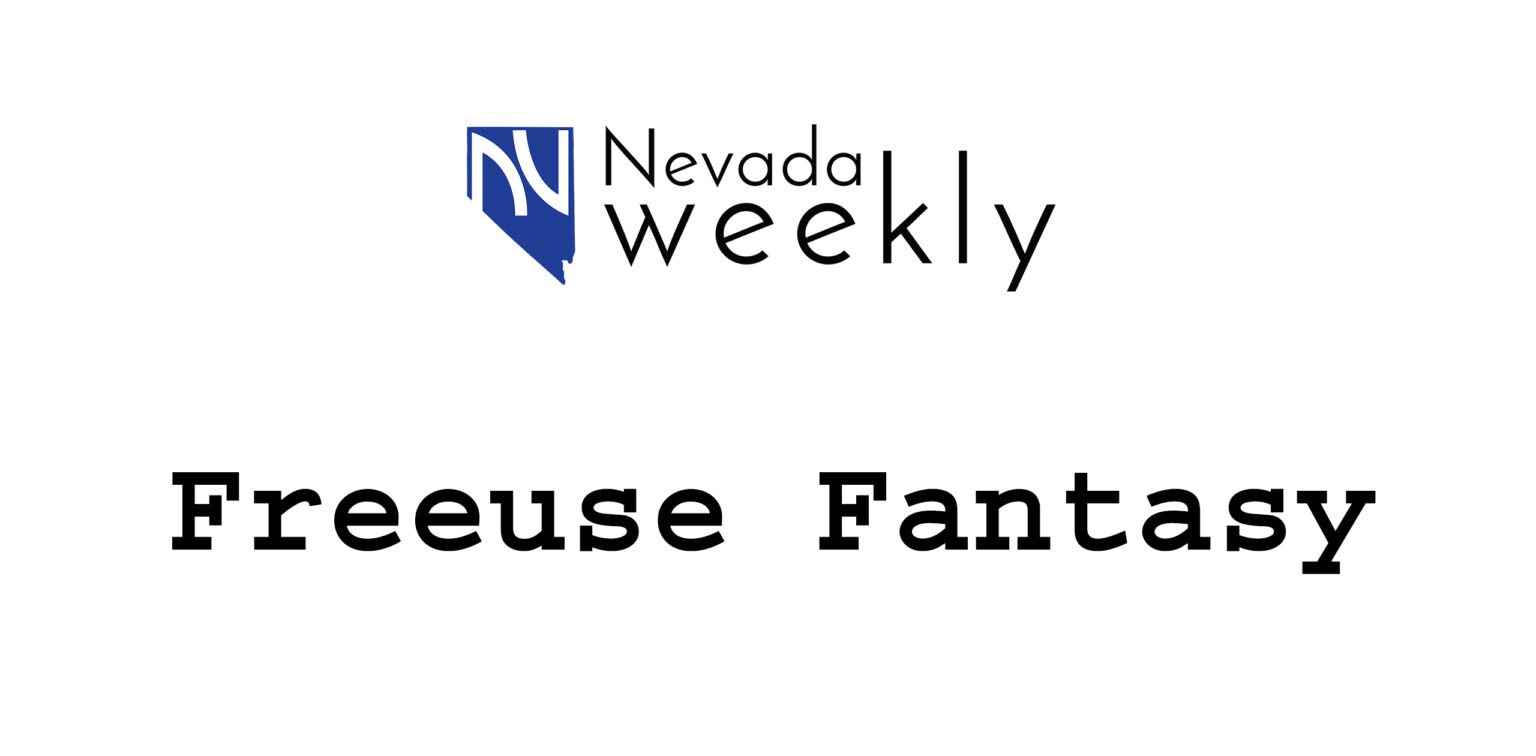The rise of online music classes in the present-day symphony of modern education represents an additional chord note in the new dynamical score of learning and teaching. Musicians are searching for new ways to develop while exploring the uncharted territories of the online world. In this blog, we take up an odyssey into the complex realm of online music classes and their impact on music excellence tomorrow.
The Landscape of Online Music Classes
Diverse Offerings: Instrument-specific Classes Theory and Composition
Nowadays, online music lessons are no longer just a gimmick but a comprehensive portfolio of education services. In music education the digital world provides users with everything from specialized courses on different instruments to general lessons in music theory and composition. There are online guitar lessons and online classes for pianists.
Breaking Geographical Barriers: Accessing Renowned Instructors from Anywhere
Dissolving boundaries and expanding horizons, such as eliminating geographical barriers between learners and teachers. Aspiring musicians can learn from known teachers and experts in the domain wherever they may be. The virtual stage affords students to interact with worldwide mentors to augment their music trips, adding different views and insight into the equation.
Flexibility in Scheduling: Tailoring Learning to Individual Needs
Online music classes are revolutionizing how people balance their hectic lifestyles and commitments. Regardless of whether you are a full-time student, a working professional, or even a parent, virtual classes can be designed to suit your schedule and needs. This makes it possible to view lessons irrespective of time and location, providing a good ground for development in music.
Advantages of Virtual Music Education
Personalized Learning: Tailoring Lessons to Individual Skill Levels
A notable aspect of online music classes is customized learning. This approach allows instructors to customize lessons to suit each student’s skill level and learning style. The individualized method makes learning faster and more motivating as they remain enthusiastic.
Interactive Platforms: Real-time Feedback and Collaboration
Unlike a typical classroom, online music classes use active media that provide instant feedback on one’s activity and collaborative efforts. Students are able to communicate actively with teachers discuss issues in video conferencing chat features, and work jointly over the various projects. It is an engaging and stimulating model for learning. It contributes to a feeling of belonging, forming a community for virtual music lovers.
Rich Multimedia Resources: Enhancing the Learning Experience
Thus, different forms of multimedia aids are integrated into online music classes to make learning more interesting. The students have everything at their disposal, from video tutorials and interactive exercises to virtual sheet music and practice tools. The Multimedia approach provides for varied learning needs and more interesting learning experiences.
Navigating the World of Online Guitar Lessons
Choosing the Right Platform: Comparative Analysis of Popular Online Guitar Lesson Platforms
The internet provides various online lesson options for those keen on guitar. There are dedicated platforms such as Fender Play and JustinGuitar for individual instructors who are teaching at platforms like YouTube. This comparative analysis can help an aspiring guitarist choose a platform that matches his or her learning preferences and goals.
Breaking Down Barriers: Overcoming Challenges in Virtual Guitar Instruction
Although online guitar lessons are more convenient than traditional training methods, they also present specific obstacles. Technical barriers to effective communications and active engagement within a virtual environment must be addressed. Aspiring guitarists must confront these challenges head-on to optimize their online learning experience.
Tailoring Your Virtual Curriculum
Structuring Practice Routines: Maximizing Efficiency in a Virtual Environment
Practice as the foundation of musical greatness and how to make the most out of it through online music classes. The virtual class allows for guided practice sessions, interactive exercises, and customizing practice time for students, resulting in gradual developments.
Setting Goals and Milestones: Measuring Progress and Staying Motivated
Setting goals is a component of every learning path, enabling pupils to determine their attainable objectives. Usually, instructors partner with students as they set their targets, such as perfecting a tough composition, improving playing skills, and creating their music. Tracking progress and reaching certain goals allows one to achieve something, motivating students to continue their walk towards being musicians.
Combining Genres: Exploring Versatility through Diverse Online Music Classes
There is something special about online music classes that expose you to different types of music. Is your heartbeat in blues, classical jazz, or rock? The digital world will permit you to try various kinds of art. Besides, versatility is not only an attribute that makes a musician richer with knowledge of various music types, but it also contributes to developing an understanding of musical diversity.
The Art of Teaching and Learning
Pedagogical Approaches in Online Music Education
Their pedagogy has changed as instructors have responded to the shift to online music education. The digital sphere provides avenues for new and fresh modes of teaching that adhere to the core tenets of learning how to play music. Multimedia elements, interactive exercises, and personalized feedback are some of the measures that instructors use to create an appealing and effective learning environment.
Effective Communication: Bridging the Virtual Gap between Instructors and Students
Effective online music education rests on communication. Therefore, instructors should use precise and efficient communication methods to convey their ideas, offering responses on assignments or any other communication in relation to the students. Video conferencing, instant messaging, and collaborative applications make the virtual learning environment tangible and reachable for students and instructors.
Encouraging Creativity: Fostering Individual Expression in a Digital Learning Space
Online music lessons also focus on enhancing creativity and self-expression over being purely technical based. Teachers motivate students to discover what makes them tick musically to compose and to be themselves while interpreting. Music is a vehicle through which one explores oneself via the digital arena.
Conclusion
The tune is learned in cyberspace in internet music lessons for musicians who perform in the virtual concert hall. Online guitar lessons, which open up the mysteries of the fretboard to the world, and comprehensive music classes traversing the expansive domain of music theory and composition all paint the digital landscape with various choices leading in various directions! The path of artistry in the digital world becomes more sophisticated as technology meets education. Therefore, turn up, find out, and let the virtual notes take you into a boundless musical world.







